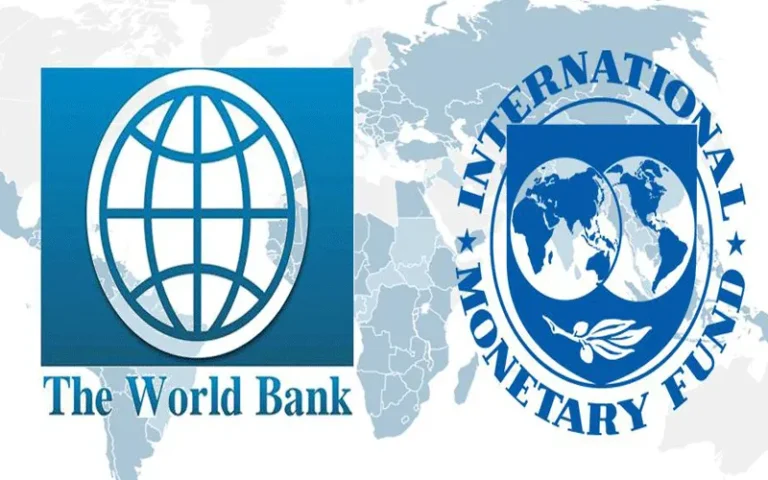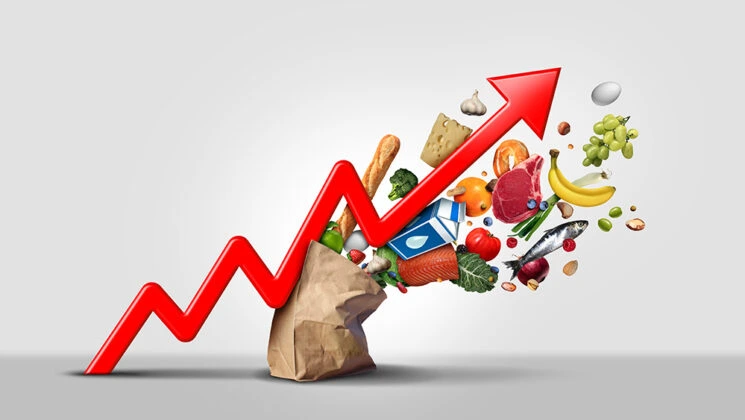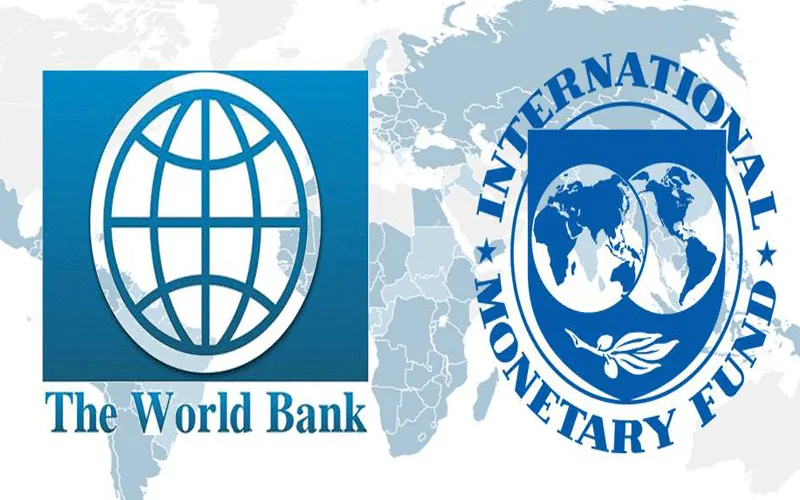Sri Lanka’s palm oil industry is urging the government to reconsider the 2021 ban on oil palm cultivation. Advocates argue that lifting the ban could provide significant economic, environmental, and strategic benefits. During the Palm Oil Industry Association of Sri Lanka (POIASL)’s fifth Annual General Meeting (AGM), its president, Dr. Rohan Fernando, emphasized the importance of aligning the country’s policies with global practices and national economic objectives.
Why the Ban Was Introduced
In April 2021, Sri Lanka banned oil palm imports and cultivation under former President Gotabaya Rajapaksa. This decision was based on a 2018 Central Environment Authority (CEA) report that suggested oil palm cultivation had adverse environmental effects. The government announced a phased elimination of oil palm over ten years.
However, industry leaders argue the ban lacked scientific evidence. Dr. Fernando labeled the decision “ill-conceived,” asserting that it was driven by personal agendas rather than facts. Despite these claims, licensed imports of palm oil resumed in 2021 to meet demands from the confectionery industry, highlighting inconsistencies in the government’s policies.
Palm Oil: A Key Economic Driver

Dr. Fernando stressed the untapped potential of oil palm cultivation to alleviate poverty and create jobs across farming, processing, and distribution. He noted that the crop’s high productivity could reduce Sri Lanka’s reliance on imported oils, preserving much-needed foreign exchange reserves.
In 2014, the government approved planting oil palm on 20,000 hectares to meet the country’s annual edible oil demand of 80,000 metric tons. Without the ban, local production could have supplied half of Sri Lanka’s edible oil needs by 2025. This would have reduced the country’s dependence on costly imports and supported economic growth.
Global Lessons from India and Beyond
Dr. Fernando pointed out that India, under Prime Minister Narendra Modi, has launched an ambitious program to expand oil palm cultivation. India, one of the world’s largest consumers of palm oil, aims to plant three million hectares of oil palm by 2030.
“Sri Lanka must learn from India’s strategic approach to edible oil demand,” Dr. Fernando said. “Relying solely on imports is unsustainable. Developing local cultivation is a key step toward economic stability.”
He also highlighted Indonesia and Malaysia’s leadership in palm oil production. Both countries have established thriving industries that boost their economies while maintaining sustainable cultivation practices.
Environmental and Economic Benefits
Critics of oil palm often cite environmental concerns, but the POIASL insists that these claims are exaggerated. According to Environmental Impact Studies conducted by the association, oil palm is one of the most efficient crops for edible oil production. Its productivity is nearly four times that of coconut oil, making it a practical solution for Sri Lanka’s growing demand for vegetable oils.
Expanding oil palm cultivation could also enable Sri Lanka to export higher-value coconut-based products while meeting domestic edible oil needs. This dual benefit would support local farmers and contribute to foreign exchange earnings.
Addressing Misconceptions
Dr. Fernando dismissed allegations against oil palm cultivation as baseless. He argued that scientific evidence supports its efficiency and environmental compatibility. The POIASL is working to strengthen its advocacy efforts and counter misinformation.
He called on Sri Lanka to partner with leading palm oil-producing countries such as Indonesia, Malaysia, and India. Collaborative efforts could help the country adopt sustainable cultivation practices and leverage international expertise.
The Cost of the Ban
Sri Lanka’s ban on oil palm cultivation has already taken a toll on the economy. Reduced duties on coconut oil imports are draining valuable foreign exchange reserves. Meanwhile, inconsistent policies—such as allowing imports while restricting local production—are undermining the industry’s potential.
Without oil palm cultivation, Sri Lanka must rely on less efficient crops to meet its edible oil needs. Expanding coconut oil production, for example, would require more land and time, making it a less viable solution compared to oil palm.
Hope Under New Leadership
Dr. Fernando expressed optimism about the new administration’s approach to food security, poverty alleviation, and economic growth. He believes the government will reconsider the ban and encourage replanting efforts as part of its broader development goals.
The POIASL has developed a strategic blueprint for lifting the ban. This plan emphasizes collaboration with international organizations and pressure from major palm oil-producing nations.
Moving Forward
Reversing the oil palm ban could unlock substantial benefits for Sri Lanka’s economy and environment. By embracing sustainable cultivation practices and learning from global leaders, the country can reduce its dependence on imports, create jobs, and strengthen its foreign exchange reserves.
The path forward requires a balanced approach that addresses environmental concerns while maximizing economic opportunities. With the right policies in place, Sri Lanka can position itself as a competitive player in the global palm oil industry.











